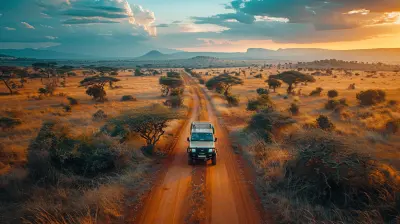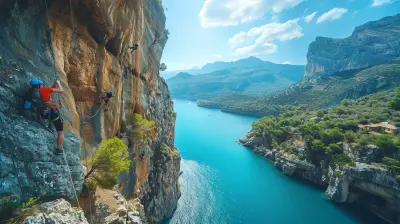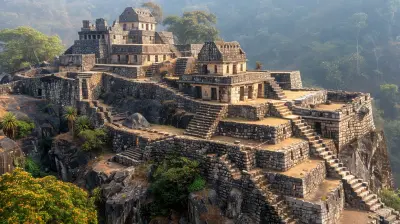From Ancient Roots to Modern Revelry: Evolving Festival Traditions
20 October 2025
Festivals are like time machines—they connect us to the past while evolving with the present. From sacred rituals honoring the gods to modern-day street parties full of neon lights and music, celebrations around the world have undergone fascinating transformations. But have you ever wondered how our favorite festivals came to be? Or why we still hold onto traditions from centuries ago?
Let's take a journey through history and see how festivals have evolved, blending ancient customs with contemporary revelry.
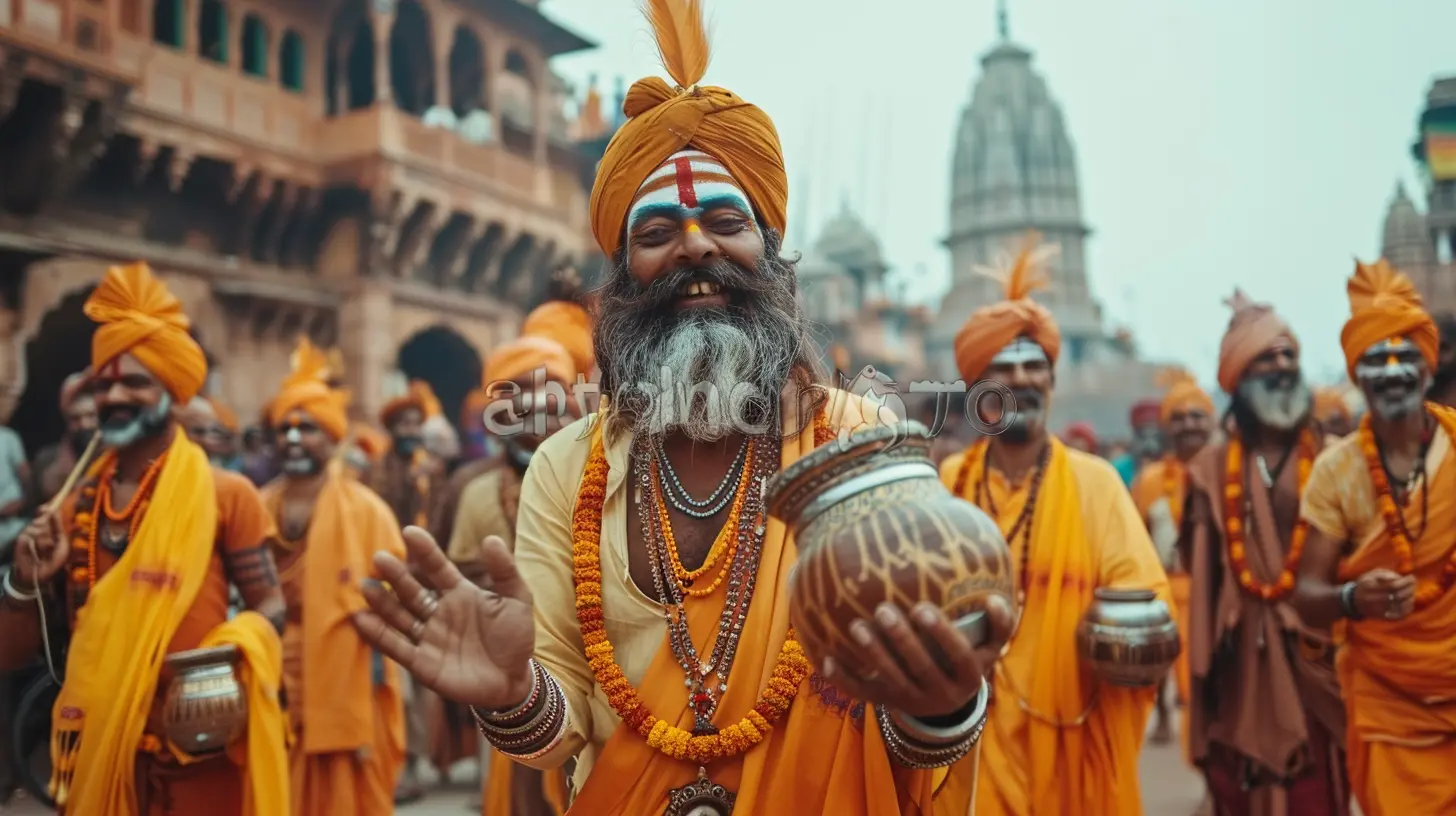
Ancient Festivals: Where It All Began
Before festivals became massive concerts or colorful parades, they served a deeper purpose—honoring the gods, marking significant life events, and bringing communities together. Our ancestors celebrated in ways that would seem unusual today, but their traditions laid the groundwork for the modern festivals we cherish.1. Pagan Rituals and Seasonal Festivals
Long before social media hype and commercial sponsorships, festivals were sacred. Ancient civilizations built celebrations around nature—honoring the harvest, changing seasons, and celestial events.- Samhain (Celtic Tradition): This eerie festival, dating back over 2,000 years, marked the end of the harvest and the beginning of winter. Sounds familiar? That's because it evolved into what we know today as Halloween!
- Saturnalia (Roman Celebration): This wild week-long party honored Saturn, the god of agriculture. Work stopped, social norms were flipped, and even slaves got to join in the fun. It later inspired some Christmas traditions.
- Chinese Lantern Festival: Originating during the Han Dynasty, this luminous celebration was initially linked to Buddhist customs but evolved into a stunning cultural event symbolizing hope and renewal.
2. Religious and Spiritual Gatherings
Many ancient festivals had strong religious ties, honoring deities and seeking divine blessings. Some of these religious festivals still exist today—but with a modern twist.- Diwali (Hindu Festival of Lights): What started as a festival honoring the victory of light over darkness now lights up entire cities with fireworks, sweets, and mega shopping events.
- Eid al-Fitr (Islamic Celebration): Originally a day of gratitude and communal prayer marking the end of Ramadan, it has grown into a global celebration with feasts, charity, and grand festivities.
- Passover (Jewish Festival): While ancient rituals remain intact, modern Passover gatherings often include themed storytelling and interactive experiences for younger generations.
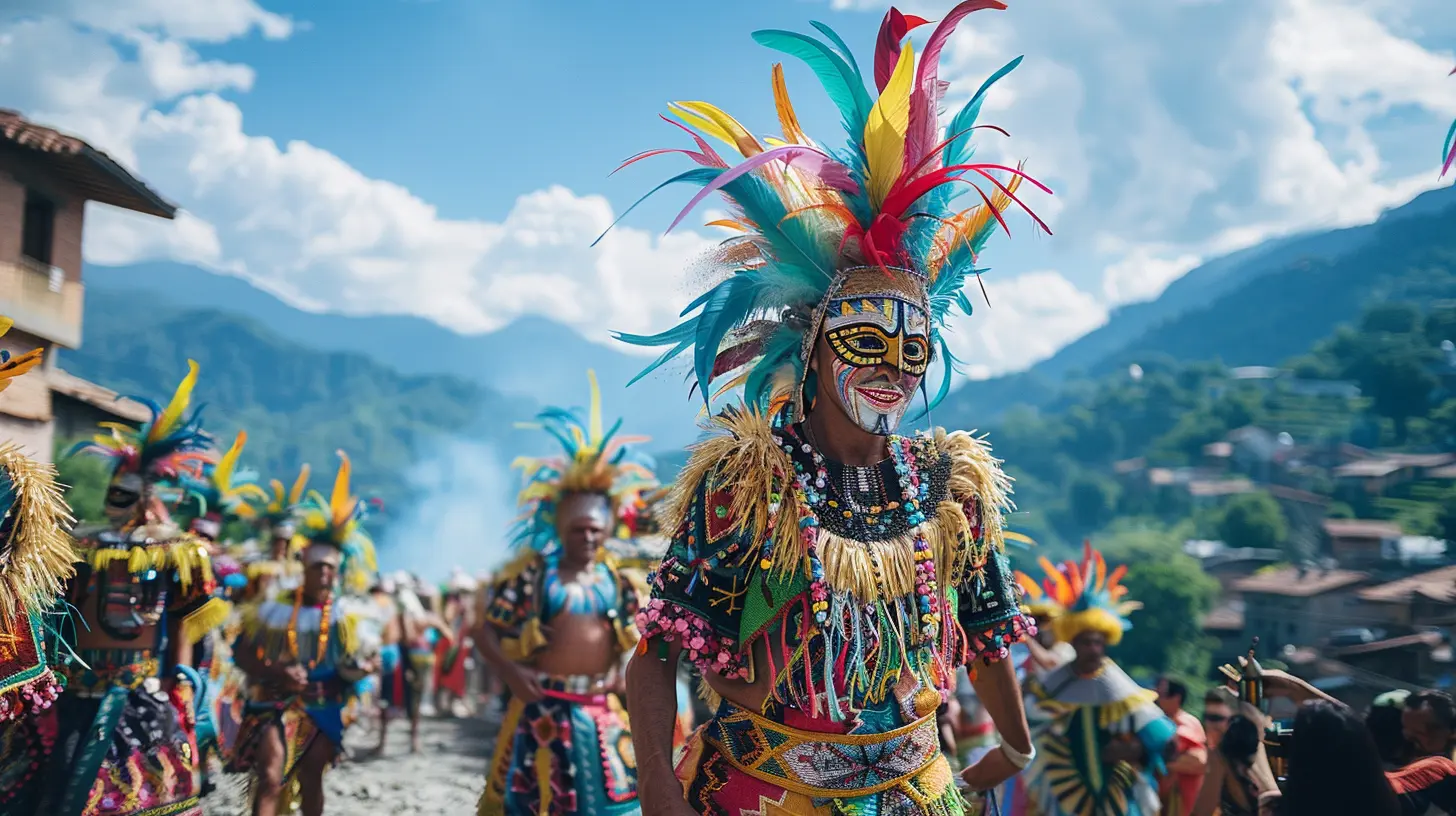
Medieval Festivals: Fairs, Feasts, and Folklore
As societies became more structured, festivals evolved from purely religious or seasonal events into community-driven celebrations. Medieval Europe saw the rise of fairs, carnivals, and feasts where people could let loose, enjoy music, and showcase their trades.- Carnival (Pre-Lenten Festival): This explosion of music, masks, and dancing began as a way to indulge before the fasting season of Lent. Today, places like Rio de Janeiro and Venice take Carnival to extraordinary levels with elaborate parades and grand performances.
- Oktoberfest (Bavarian Tradition): What started as a royal wedding celebration in 1810 has grown into the world’s largest beer festival, attracting millions for hearty brews and Bavarian traditions.
- Midsummer Festivals (Scandinavian Tradition): Honoring the summer solstice, these festivals bring communities together with bonfires, dances, and flower crowns—even in today’s tech-driven world.
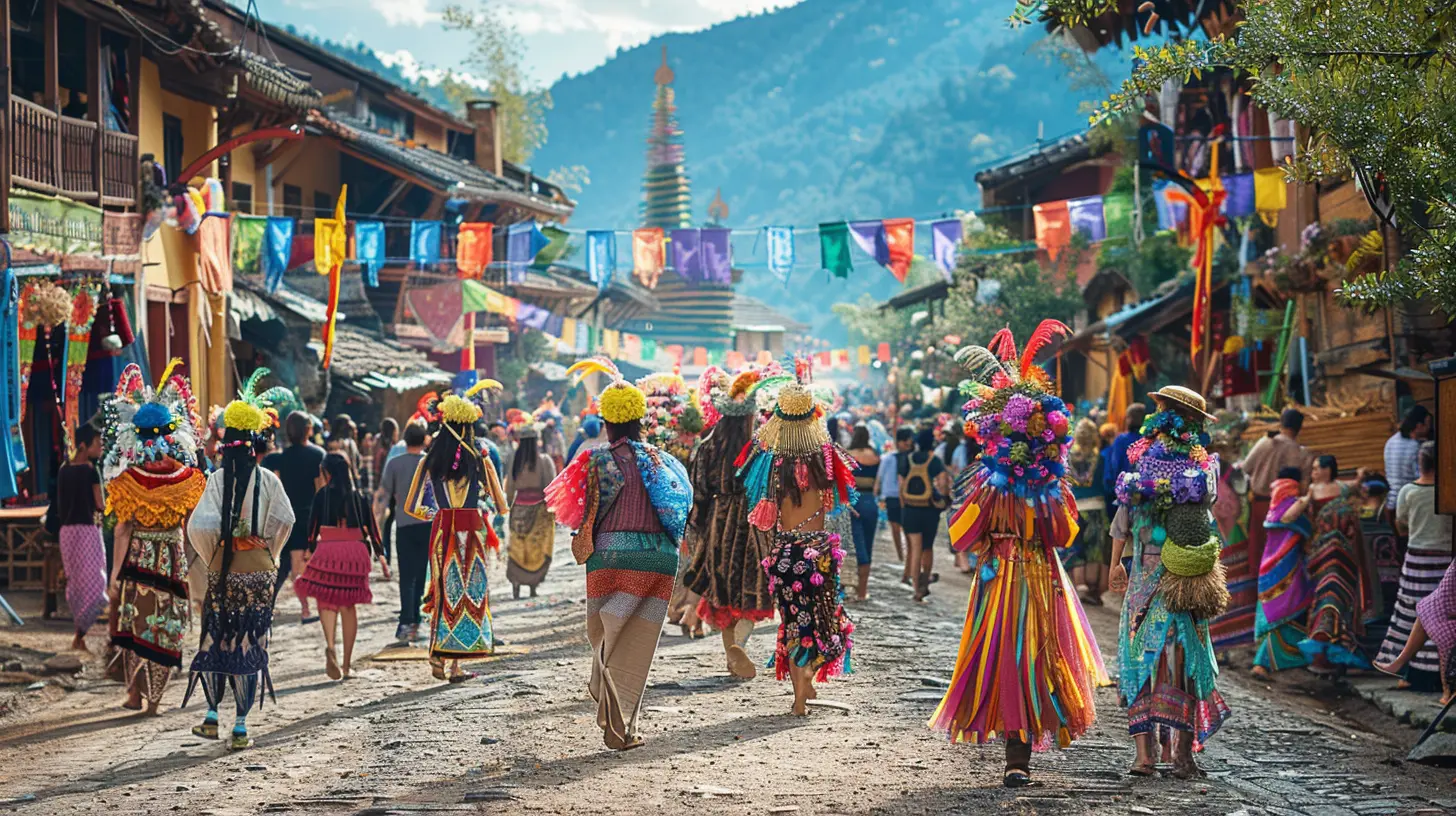
The Industrial Revolution: Festivals Take a Commercial Turn
The 19th and early 20th centuries brought rapid industrialization, urbanization, and new technologies that changed the way people celebrated. Festivals became opportunities for businesses, tourism, and entertainment industries to thrive.- Christmas and Consumerism: While Christmas has deep religious roots, the modern version—with gift-giving, Santa Claus, and dazzling decorations—owes much to industrial advancements and clever marketing.
- New Year's Eve Spectacles: Once about quiet gatherings and religious observances, New Year's Eve has turned into a global phenomenon filled with fireworks, concerts, and high-energy celebrations.
- Music and Arts Festivals: Festivals like Glastonbury and Coachella take influence from ancient gatherings but focus on large-scale entertainment, drawing crowds from around the world.
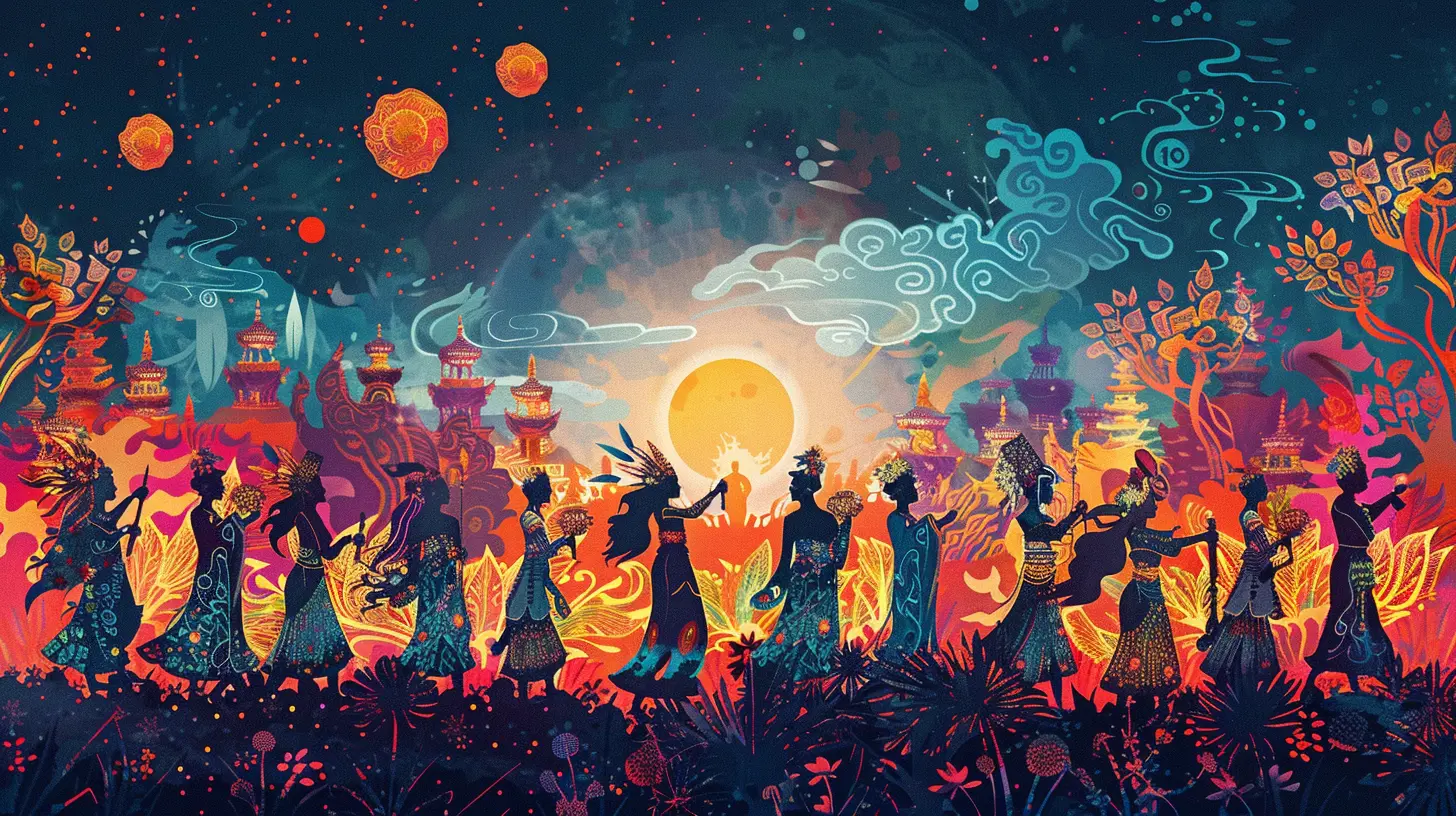
Modern Festivals: Bigger, Louder, and More Diverse
If ancient festivals were about survival and spirituality, today’s festivals are about experience and connection. Millions of people travel across the globe to immerse themselves in cultural events that are larger-than-life spectacles.1. Fusion of Tradition and Innovation
Many modern festivals keep their historical essence while adapting to contemporary trends.- Day of the Dead (Mexico): Rooted in Aztec traditions, Día de los Muertos now includes Hollywood-inspired makeup, parades, and digital installations—without losing its deep cultural significance.
- Holi (Festival of Colors, India): What began as a Hindu festival of divine love has become an international celebration embraced by people of all backgrounds. Color runs and music festivals worldwide draw inspiration from its vibrant spirit.
- Hanami (Cherry Blossom Festival, Japan): Once a quiet appreciation of nature, Hanami now includes nighttime illuminations, pop concerts, and global tourism.
2. Social Media and Festival Culture
Let's face it—festivals today aren’t just about personal experience; they’re about sharing the moment with the world. Instagram, TikTok, and YouTube have turned festivals into viral sensations, influencing tourism and participation.- Burning Man (U.S.): What started as a small gathering in the Nevada desert is now a social experiment in creativity, self-expression, and digital storytelling.
- Tomorrowland (Belgium): An electronic dance music festival that merges fantasy-like visuals with digital engagement, drawing fans from every corner of the planet.
- La Tomatina (Spain): From an obscure tomato-throwing event in one Spanish town, it has grown into a worldwide spectacle thanks to the internet and global curiosity.
The Future of Festivals: Where Are We Headed?
Technology, sustainability, and changing societal values are shaping the future of festivals. Here’s what we might expect:- Virtual and Augmented Reality Festivals: As seen during the COVID-19 pandemic, virtual festivals exploded in popularity. Future events could incorporate VR headsets, holograms, and interactive digital spaces.
- Eco-Friendly Celebrations: With climate change concerns, festivals are focusing on sustainability—think biodegradable decorations, solar-powered stages, and zero-waste policies.
- Inclusivity and Representation: Festivals are becoming more inclusive, embracing diverse cultures, gender identities, and accessibility for all attendees.
Final Thoughts
From fire-lit rituals in ancient villages to high-tech music festivals in neon cities, the evolution of celebrations reflects the heartbeat of human history. No matter how much technology advances or societies change, one thing remains constant—our need to come together, make memories, and revel in the joy of celebration.So, whether you're throwing colors in Holi, dancing under the stars at Coachella, or feasting at Oktoberfest, remember—you’re taking part in an age-old tradition that has been shaping human culture for millennia.
Cheers to festivals—past, present, and future!
all images in this post were generated using AI tools
Category:
Cultural FestivalsAuthor:

Winona Newman
Discussion
rate this article
1 comments
Ellie Mathews
This article beautifully illustrates how festival traditions blend history with contemporary celebration, enriching cultural experiences.
October 23, 2025 at 3:57 PM

Winona Newman
Thank you! I'm glad you enjoyed the exploration of how our rich history shapes today’s vibrant celebrations.
